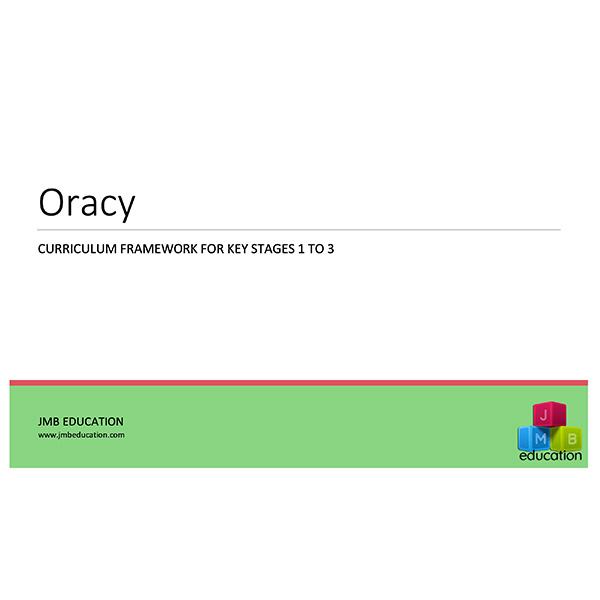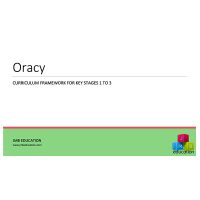“Most primary and secondary schools do not have an explicit curriculum for developing spoken language. In most primary schools, there are opportunities for debate and discussion in different subjects and for speaking in assemblies and annual productions. Not all pupils are able to take advantage of these experiences though. The components which underpin effective spoken language, such as knowledge of the difference between spoken and written language, are not taught. Therefore, some pupils do not develop the confidence that comes from having the knowledge they need to speak clearly and express their ideas.
Although drama is taught discretely in all the secondary schools, this aspect of spoken language is rarely developed as part of the English curriculum. This limits opportunities for pupils to plan, rehearse and develop their own presentations over time. Schools are aware of this gap, and some have addressed it by adding spoken language units into the curriculum. But again, these often focus on the outcome rather than explicit teaching of the knowledge and skills which underpin this.”
OFSTED Telling the story: the English education subject report (5th March 2024)
The progression framework from JMB Education is designed to significantly enhance oracy (the ability to express oneself fluently and grammatically in speech) skills across Key Stages 1 to 3, providing a structured approach to the development of spoken language abilities within an educational context. It emphasises the year-on-year acquisition of key knowledge and skills, aligning closely with the national curriculum’s requirements, and showcases a detailed structure for educators to follow, ensuring clear progression through each year group.
At the heart of this framework is the understanding that most primary and secondary schools lack a dedicated curriculum for spoken language development, despite its critical role in students’ overall academic success and social integration. The framework addresses this gap by highlighting key components, vocabulary, knowledge and skills for each key stage, presenting a comprehensive pathway for students to develop their speaking and listening abilities, from simple turn-taking and expressing feelings in Key Stage 1 to participating in debates, presenting arguments, and employing advanced negotiation techniques by Key Stage 3.
Moreover, the framework underlines the importance of SMSC (Spiritual, Moral, Social, and Cultural) development through spoken language, showcasing how oracy activities can foster imagination, moral understanding, social skills, and cultural awareness. It offers a wide range of activities and vocabulary progression charts that are meticulously designed to nurture students’ oracy skills in a way that is deeply integrated with their overall educational experience, making it an invaluable resource for educators aiming to enrich their teaching practices and for students striving to excel in spoken language.
Key Stages 1 to 3.
63 pages


